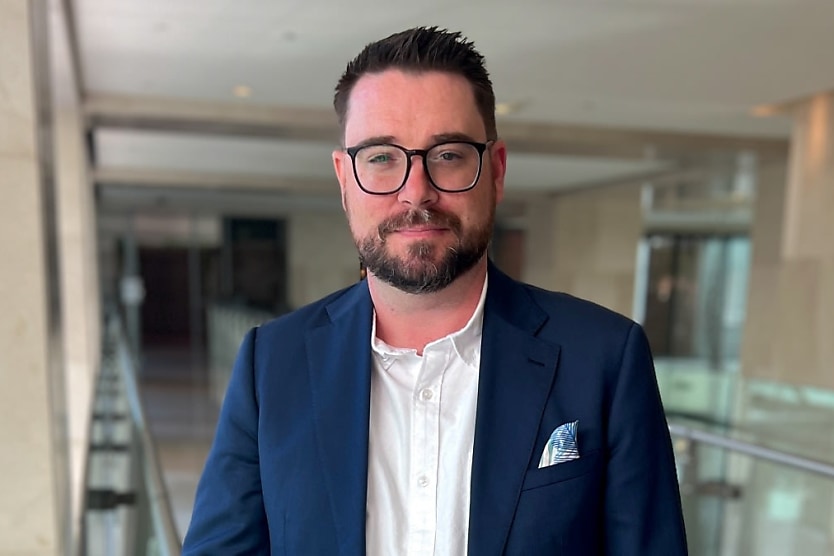Overcoming ‘change fatigue’ is a unique challenge for HR leaders
SHARE THIS ARTICLE

“Change fatigue” is an issue that can affect any workplace. While it can be common, it is also easily avoidable through the correct handling and procedures.
What is change fatigue? According to Robin Boomer, director of HR advisory at Gartner, it “occurs when employees have a negative response to new organisational processes, tools or programs”.
“The warning signs include apathy, frustration and burnout, which, if ignored, can lead to serious performance challenges, including disengagement, absenteeism, high staff turnover and stunted business growth,” Boomer said.
This issue can be rife in workplaces, especially in the fast-paced, ever-changing work climate we currently operate in. Technological advancements and an influx of new processes post-COVID-19 have only exacerbated these issues, requiring leaders to become proactive in dealing with potential challenges.
“Gartner research indicates change fatigued employees tend to contribute significantly less output, by as much as 17 per cent. This is a significant problem at a time when organisations are increasing focus on efficiency, productivity, cost management and driving profitable growth,” Boomer said.
“For HR leaders, the challenge is twofold. Not only must they support employees to adapt to new business requirements, but their own department is likely implementing changes too. Many HR functions are currently restructuring or planning to change the way they work to enhance internal coordination, digitalise processes and grow more internal capabilities. Continued flat budgets are also hampering the ability of HR leaders to support employees, and their own teams, through periods of change.”
Detrimental consequences
This issue can’t just be swept under the rug. Change in the workplace is inevitable and unavoidable, driving home just how important it is to put change fatigue mitigation policies in place.
Some of the potential consequences of ignoring these issues, according to Boomer, include the erosion of trust, hurting an employer’s ability to drive strategy.
“Those working within the HR function are not immune to change fatigue. When HR staff lack ownership over what change looks like for them or their team, it can similarly harm their performance and wellbeing,” he said.
“In recent years, Gartner data highlighted the continued decline in the willingness of HR employees to support organisational change. This will only sink further if organisations don’t address poor employee perceptions of change efforts, starting with the HR team.”
How can we overcome this?
Mitigating these issues begins with allocating the right resources to combat them. Unfortunately, in the current economic climate, where money counts, this may require some sacrifice.
Boomer said: “The starting point for any organisation looking to bolster the role of HR in overcoming business challenges is with the budget. Appropriately funding HR for value optimisation requires sponsoring the right technology and resourcing. This means HR can effectively separate transactional and strategic work while providing the flexibility to shift approaches when priorities change.”
“A shared accountability model between HR and stakeholders is also important. In this model, HR intentionally sets a clear understanding of roles and responsibilities for employees and managers to play in their own success in meeting their needs related to people processes. When carried out effectively, organisations are not only more productive, but they also experience improved governance and reduced risk.”
He added: “Lastly, many HR leaders have shared that they are struggling under the weight of their own output and are victims of their own success. Getting stakeholders from outside of the HR function to actively participate in the decision process to determine which portfolios should be acted on and those they are willing to forgo can focus HR staff on the truly important and avoid wasted effort on pet projects and ‘nice-to-haves’.”
Beyond the bottom line, supporting the individuals through times of change fatigue is equally important. Proactivity reigns supreme and must be promoted throughout all stages of change.
“Before undertaking any new program of change, it’s important to identify which HR employees will be most affected by additional tasks or responsibilities. Also, the different stakeholders that need to be managed and any new skills that need to be developed. The impact of this change can be predicted by assessing the volume and scale of past experiences along with the anticipated effects of the planned initiatives,” Boomer said.
“To prevent change fatigue, HR leaders must take steps to embed proactive rest into workflows and to promote the use of co-created implementation plans to provide HR teams with a sense of control over their role in the project. However, this approach will only work if the concept of ‘rest’ and asking for support is normalised within the organisation. Management must lead by example to make it clear that rest and recovery lead to better performance.”
“Employees also need the opportunity to voice their ideas, feelings and opinions. Change reaction workshops along with periodic check-ins to consult on progress are a useful tactic to uncover resistance, fatigue or when something is just not working and needs to be addressed.”
RELATED TERMS
Change management is the process of guiding workers through a change by monitoring its effect on their output, morale, and other stakeholders is part of the change. This can be carried out constantly or on a set schedule, such as weekly, monthly, or yearly.
Training is the process of enhancing a worker's knowledge and abilities to do a certain profession. It aims to enhance trainees' work behaviour and performance on the job.
Jack Campbell
Jack is the editor at HR Leader.

